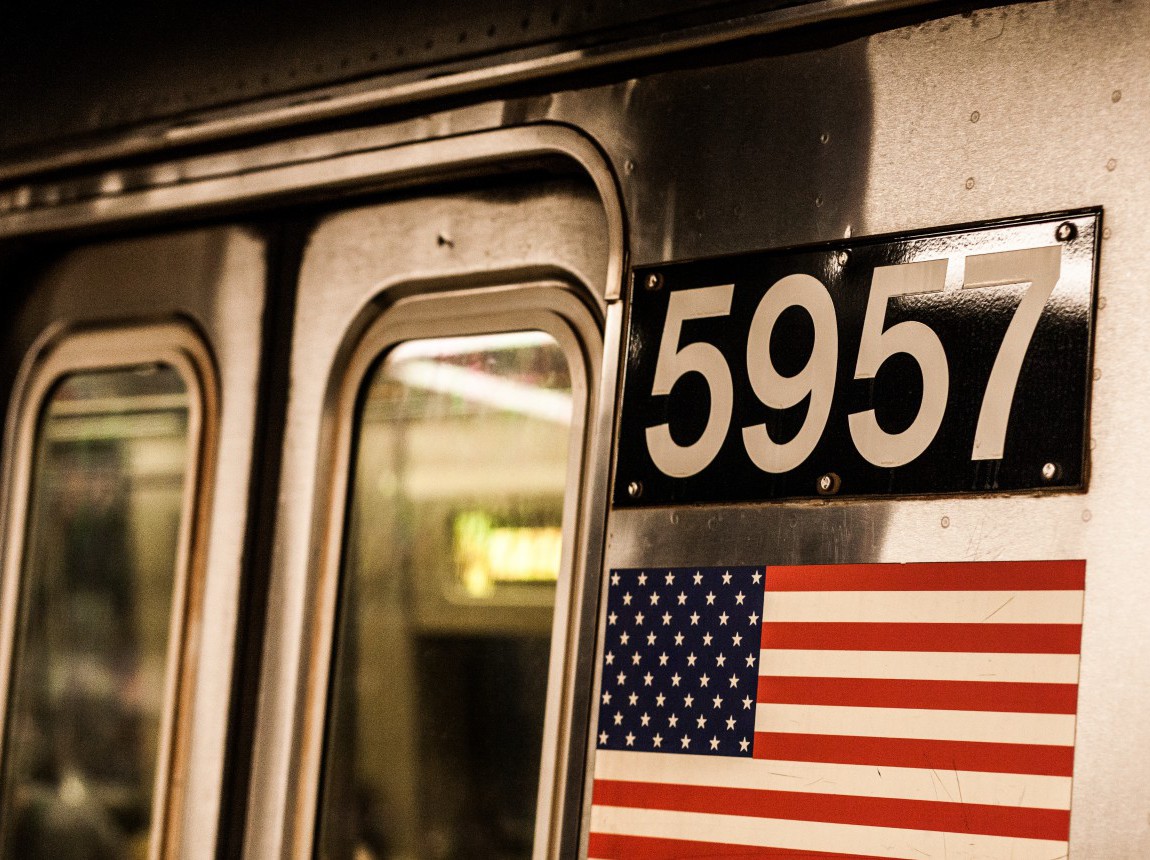Two Pathways For Legal Marijuana
Will Yakowiz, a journalist at Inc., recently quoted Mark Kleiman, a Professor of Public Policy and Director of the Crime Reduction and Justice Initiative at New York University’s Marron Institute, in an article titled "Drug Policy Wonks Propose Two Pathways For Legal Marijuana". Two drug policy experts, Mark Kleiman and John Hudak have at least two different models of legalization that Congress might be able to get behind, "the case for empowering states" and "the case for all or nothing", respectively.
The case for empowering states:
Mark Kleiman, a professor of public policy and the director of the Crime Reduction and Justice Initiative at New York University's Marron Institute, proposes that the federal prohibition on marijuana remain in place but the state experiments with regulated adult markets should be formalized. The program could operate through state waivers, similar to welfare reform waivers. Kleiman adds that this could be easily adopted without requiring Congress to do much.
"There is a federal paraphernalia statute that says you can't sell water pipes and stuff unless they are legal in the state you're selling them in. Congress could create a waiver that says you can't sell marijuana unless you're in a state where it's legal," says Kleiman.
Kleiman's ideal plan, which has not been adopted, is a less extreme than full-blown commercialization. Kleiman's company, BOTEC Analysis, was contracted to advise Washington state regulators and rule-makers before legalizing marijuana for adult use. He believes states should make marijuana available to people for responsible use, as it would put an end to marijuana-related arrests, minimize drug abuse and block sales and marketing to minors. By contrast, he says full-blown commercialization--like what's in place in the alcohol industry--will be "dependent on dependent users" and free market forces will lead to companies maximizing profits by maximizing consumption. That, he says, is bad for the public.
More on Kleiman's state-waiver idea: the 25 states that have some form of regulated marijuana right now would get a waiver from the attorney general and the secretary of the Department of Health and Human Services. Of course, the states would need to present a plan to control abuse, diversion, underage consumption, and set rules like monthly quotas for customers and other factors.
Kleiman also proposes state-owned stores, a model some states have adopted for liquor stores. When states receive a waiver, they would have to agree to certain provisions like no more than 5 percent of the crop gets exported to other legal states, that the price doesn't fall below a certain threshold, and marketing of certain kinds are not allowed. Kleiman says the regulatory program would be expected to do just as well at preventing so-called cannabis-use disorders than prohibition.
"The reason why Congress might go with the waiver idea is so we are not locked in a single national commercial system before we know anything about the impacts of legalization," says Kleiman. "We should use the laboratory of the states to learn as much as we can about legalization."
To read the rest of the article, click here.

